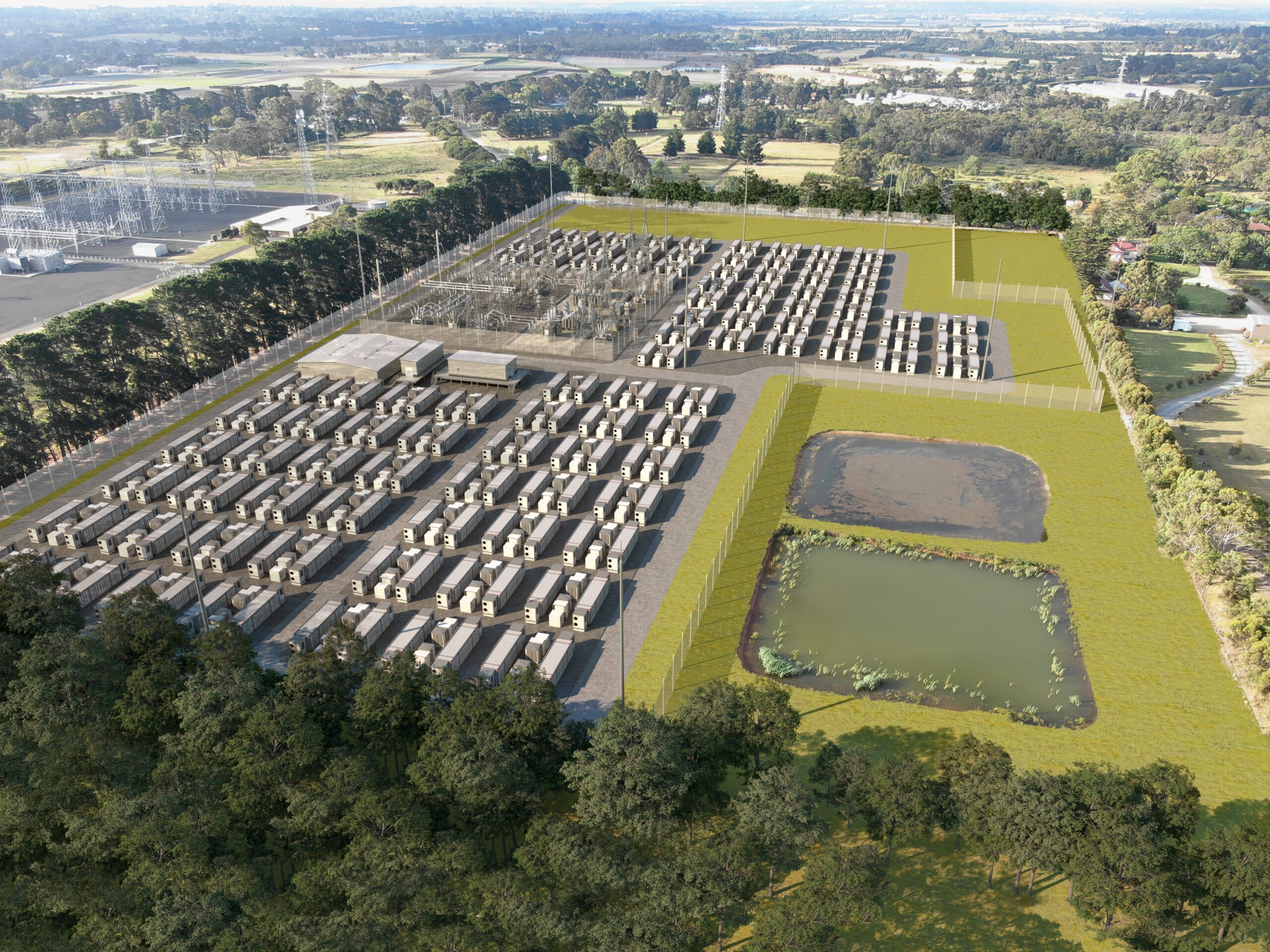
A major energy project on Victoria’s Morning Peninsula is now one step closer to being finalised, with Australian renewables company Maoneng receiving development approval for its proposed 240 megawatt-peak / 480 megawatt-hours battery energy storage system (BESS).
The standalone BESS facility will be located adjacent to AusNet’s existing Tyabb substation.
It will draw and store energy from the grid during off-peak periods and dispatch energy to the grid during peak periods, generating power for the equivalent of 40,000 average Australian homes.
The BESS will support the Victorian government’s objective of improving the reliability of regional electricity in an area that is particularly exposed to fluctuations in demand, primarily as a result of seasonal tourism.
The $190-million project is scheduled for completion in mid-2023 and is expected to generate up to 16t0 full-time equivalent jobs during its 12-month construction phase, which will support local businesses and the economy.
An engineering, procurement, and construction contractor is scheduled to be announced in the coming weeks.
Maoneng co-founder and chief executive Morris Zhou said the approval demonstrated the project’s value in supporting the network, the surrounding neighbours, and the environment.
He continued: “The Mornington BESS will be a vital piece of local infrastructure that will benefit the local economy in several ways.
“It will help stabilise the network and manage periods of peak demand when local companies and households really need reliable electricity.
“There are also commercial opportunities during construction, and more work on the supply chain will begin as soon as our contractor comes on board and begins the process of hiring individuals, companies, and equipment suppliers as the project gets up to speed.”
Maoneng partners with Australia’s largest utilities and organisations to build and operate these projects.
Its portfolio includes nearly 300 megawatts of generation power from the Sunraysia Solar Farm in NSW and the Mugga Lane Solar Park in the ACT, enough to power over 50,000 homes.
The company is also in the process of building more than 1,800 megawatt-hours of utility-scale battery energy storage system projects across Australia.







